Category: Analyses
-
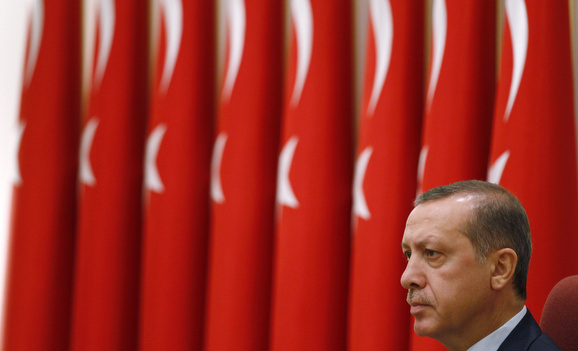
Red Hands, False Flags: Erdogan’s Plan for War with Syria
Earlier this week, two videos, totaling 15 minutes, began circulating on YouTube wherein senior Turkish officials, including Foreign Minister Ahmet Davutoglu and Intelligence Chief Hakan Fidan, discuss at length their intentions to have extremist groups in Syria carry out an attack on the Tomb of Suleiman Shah, the grandfather of the Ottoman Empire’s founder. This attack…
-
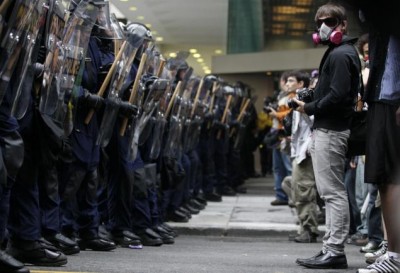
The Thin and Highly-Permeable Line Between Revolution & Tyranny
Summary of a revolution: people making drastic and weighty decisions, rapidly and spontaneously, in a highly emotional state–often under the sway of some charismatic leader. Question: Are these the sorts of actions we tend to retrospectively endorse or regret? Followers of my work will know that I have been highly critical of virtually all…
-

Nakba or Fursa? The Collapse of the Syrian Opposition
The Syria National Coalition (SNC), much like its predecessor, the Syrian National Council, has never enjoyed much legitimacy or influence within Syria. Their only meaningful link to events on the ground has been the Supreme Military Council (SMC), headed up by the military defectors who initially called themselves the Free Syrian Army (FSA) and ostensibly…
-

The Slow and Agonizing Death of Syria’s Civil War
Those who are hoping that an agreement between the exogenous opposition and the Syrian government can bring an end to the civil war misunderstand the purpose of the Geneva communique and subsequent talks: the aim is to get foreign powers to stop exacerbating and perpetuating the crisis, principally the United States and its regional allies.…
-

The Geneva Talks Are Not About Syria
In the second round of Geneva II talks, the government agreed to a temporary ceasefire in Homs, and a lifting of the blockade, in order to allow citizens to flee if they wish, and to allow some aid and provisions to enter for those who remain. Immediately following this concession on the part of the…
-
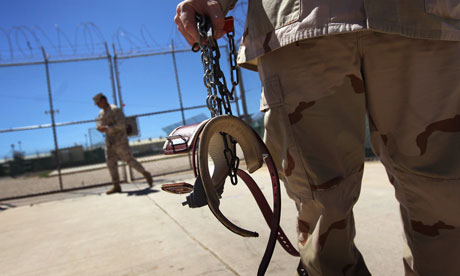
“Enhanced Interrogation,” Tortured Logic
Underlying any interrogation technique are a number of assumptions about how people think and behave. Contemporary cognitive science and psychology suggest rather robustly that the axioms which have historically lent credence to some of today’s most-popular interrogation techniques are more-or-less false. For instance, investigators have long believed (and many continue to believe) that fidgeting, avoiding…
-

The “Deep State” Declares Independence in Egypt
To be clear, the Egyptian military does not aspire towards total control of the state, with all of the responsibilities entailed thereby—what they want, what they have always wanted, is to be beyond accountability to the civilian population, to have their budget immune to external oversight or reduction, to reserve the right to intercede as…
-

A Metacriticism of the U.S. Drone Program
“Before we can talk about what is ‘effective’ we have to talk about what the goal is of using military force at all. Is it to make Americans safer? Is it to keep Afghanis, Pakistanis or Yemenis safe? What’s the goal? The question of being ‘effective’ – if you’re asking do drones work to kill…
-
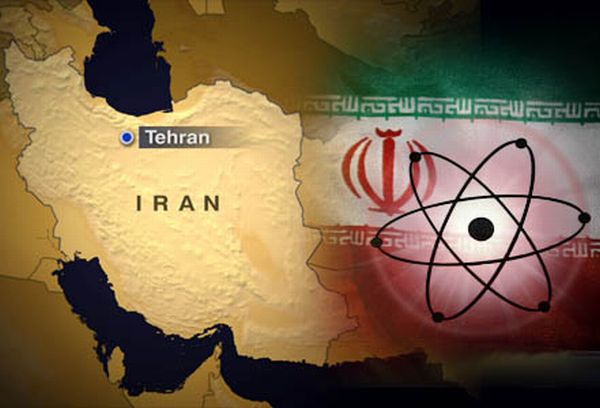
Ignorance, Xenophobia & Toxic Alliances Inform Nuclear Standoff with Iran
Initially, Bashar al-Asad had developed his chemical weapons programs as a deterrent against Israeli and Western aggression—lately, he has discovered that these arms are more of a liability than an asset, nearly provoking the very invasion they were intended to ward off. For its part, Iran has been unyielding in their condemnation of the use…
-

Implications of America’s Evitable Decline
Generally speaking, change is inevitable—however, most specific transformations are not. Virtually any prediction can be defied; in fact, most are. That people are pretty terrible at forecasting in most (especially sociological) domains does not inhibit many from making grandiose claims about the “inevitability” of American decadence—often relying upon ill-formed analogies with empires past. If only…
-

Will a too-late “victory” for America hasten the untimely demise of Libya? The rendition of Abu Anas
On October 5th 2013, in a joint operation between the CIA and U.S. Special Forces, the United States captured and extracted Nazih Abdul-Gamed al-Ruqai, known popularly as Abu Anas al-Libi (not to be confused with the late Abu Yaya al-Libi of AQSL). Abu Anas was a high-priority target, implicated in the 1998 U.S. Embassy Bombings,…
-
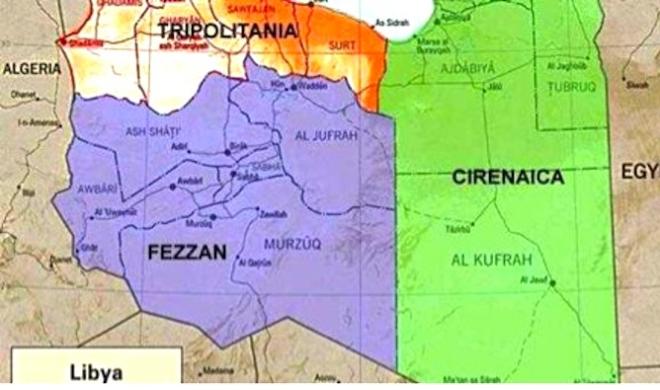
Two Years, Three States, Two Civil Wars? Post-Revolutionary Libya
The NATO intervention in Libya was an unmitigated disaster. At the outset, Washington policymakers believed that the people would rise up en masse against Gaddhafi, and embrace the new “democratic” government which was installed in the aftermath of his execution. This didn’t happen. Instead, NATO was pulled ever deeper into the theater because there were…
-

The Obama Administration’s Case for Military Intervention in Syria? Bullshit.
In philosophy circles, bullshit is a technical term denoting a claim presented as “fact” although its veracity has not been established. The truth value of bullshit is largely irrelevant to its propagators. Bullshit is disseminated in the service of particular ends, typically opaque to the audience. There is no better description for the White House’s…
-
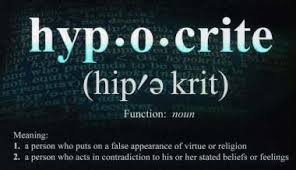
Moral Outrage from Munafiqun
“When it is said to them: ‘Make not mischief on the earth,’ they say: ‘why, we are but peacemakers!’ Surely, these are the ones who foster discord, but they perceive it not.” Al-Qur’an 2:11-2 In the midst of his ill-fated case in the Parliament to authorize the use of force in Syria, PM David Cameron…
-

Red Lines, Syrian Blood
It doesn’t matter whether or not Bashar al-Asad used chemical weapons. The U.S. and its allies are going to carry out an attack on Syria in the very near future; the reasons for this attack have nothing to do with the recent incident in Ghouta. In response to the chemical attack in April, two months…
-
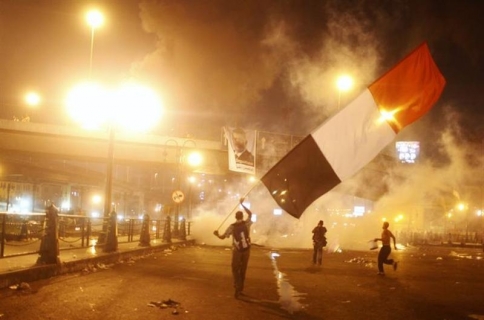
An Archaeology of the Crisis in Egypt
A week after carrying out his ultimatum to depose President Mursi, General al-Sisi delivered a new 48-hour ultimatum to those alienated by his actions to end their protests against the military coup. Even as the general demanded that the protesters end their demonstrations, he called upon his own supporters to take to the streets nationwide…
-
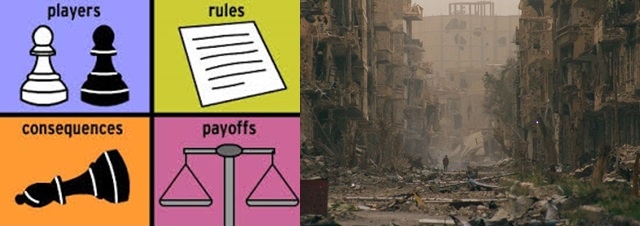
Game Theory v. Reality in Syria
Despite the overwhelming skepticism of the international community, the Obama Administration recently changed its evaluation of the ‘evidence’ of chemical weapons use in Syria. By its own admission, this was to serve as a pretext for their previously-rendered and domestically unpopular decision to deepen U.S. involvement in the conflict in an attempt to offset the Syrian army’s…
-

Universal Values v. Universal Laws
The liberal notion of universal law derives its supposed normative force from an ill-defined notion of universal values. This notion of universality is tied conceptually and historically to Western imperialism—and many of the values taken to be “universal” are not. But even if, for the sake of argument, we presupposed the existence of some set of…
-
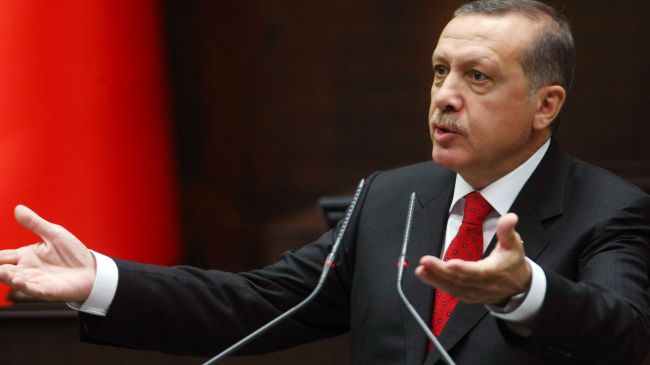
Rejoinder to “A Tyranny of the Half? Protests, Democracy, and the Ethos of Pluralism in Turkey”
When people read analyses, they typically interpret them in terms of popular narrative frameworks which are currently in circulation. This heuristic is usually reliable—most analyses explicitly draw from these competing interpretations; accordingly, reading things in this fashion allows one to much more quickly understand what is being said in the analysis and why it matters. However,…
-
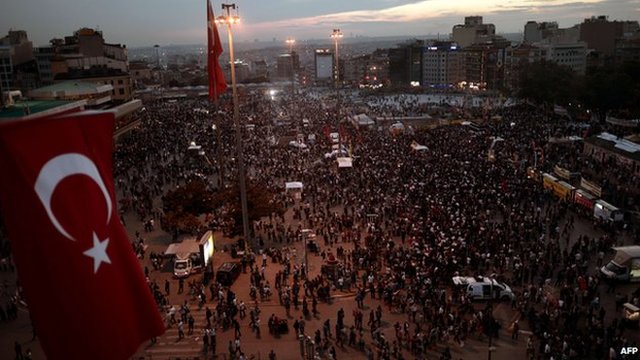
Taking a Closer Look at the Taksim Protests
In recent weeks there has been a deluge of coverage and analysis of Istanbul’s Taksim Square protests. These events have typically been framed as another case of a popular and peaceful youth movement being crushed by an authoritarian dictator; often pundits have gone so far as to label these protests as the beginning of a “Turkish…
-
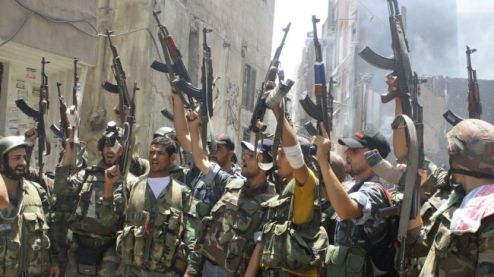
Rejoinder to “Order, Freedom and Chaos: Sovereignties in Syria”
“Syria Contextualized: The Numbers Game,” demonstrated that contrary to the popular narratives, most Syrians seem to support President al-Asad over the armed rebels. Moreover, it was argued that most of the casualties from the conflict were combatants, that the regime probably controlled more territory than the narrative suggested, that the dynamics of the conflict seem…
-

The Semantics of Revolution
Many in media and academic circles seem to pride themselves on having advanced beyond the “Clash of Civilizations” rhetoric that defined the aftermath of September 11th (2001). However, upon analysis is clear that the primary development has been the transformation of these frameworks into euphemistic forms: consider, for instance, the supposed conflict between the liberals…
-

Irreligious Fundamentalism
Fundamentalism is not exclusively, or even primarily, a religious phenomenon. The classical conception of liberalism includes, among other things, a commitment to free markets, universal law, democracy, pluralism, and secularism. While often held to be universal values, these ideologies are not intrinsically compatible or necessarily intertwined—in fact, these ideas were not even historically compatible. In…
-

Chemical Weapons, Toxic Discourse
In a letter responding to inquiries by Arizona Sen. John McCain, a hawkish advocate for U.S. intervention in Syria for the better part of two years (independently of the “chemical weapons” question, which is merely his latest pretext for U.S. involvement), the White House stated that there is intelligence suggesting that chemical weapons have been…
-
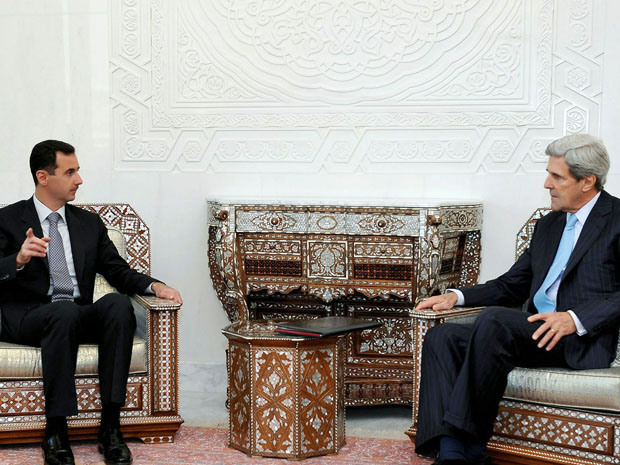
Breaking the Stalemates in Syria (Literal & Rhetorical)
In a number of interviews in recent months, U.S. Secretary of State Kerry has been talking about the need to “change Bashar al-Asad’s calculus” with regards to the conflict in Syria. While there is a sense in which this statement is correct (should the goal be the President’s resignation), Kerry seems to misunderstand what Bashar’s…
-
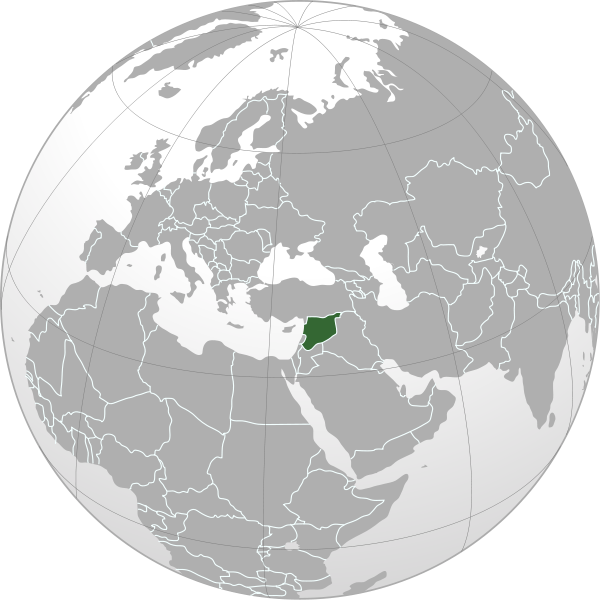
Why the Numbers (Still) Matter in Syria
Jadaliyya “featured” my “Syria Contextualized: The Numbers Game” in their 4/4/2013 Syria Media Roundup. In a transparent attempt to “poison the well” against my findings (and in contrast with the neutral-to-positive tone with which literally all of the other articles were described), my paper was summarized as follows: “Musa al-Gharbi argues that we do not…
-
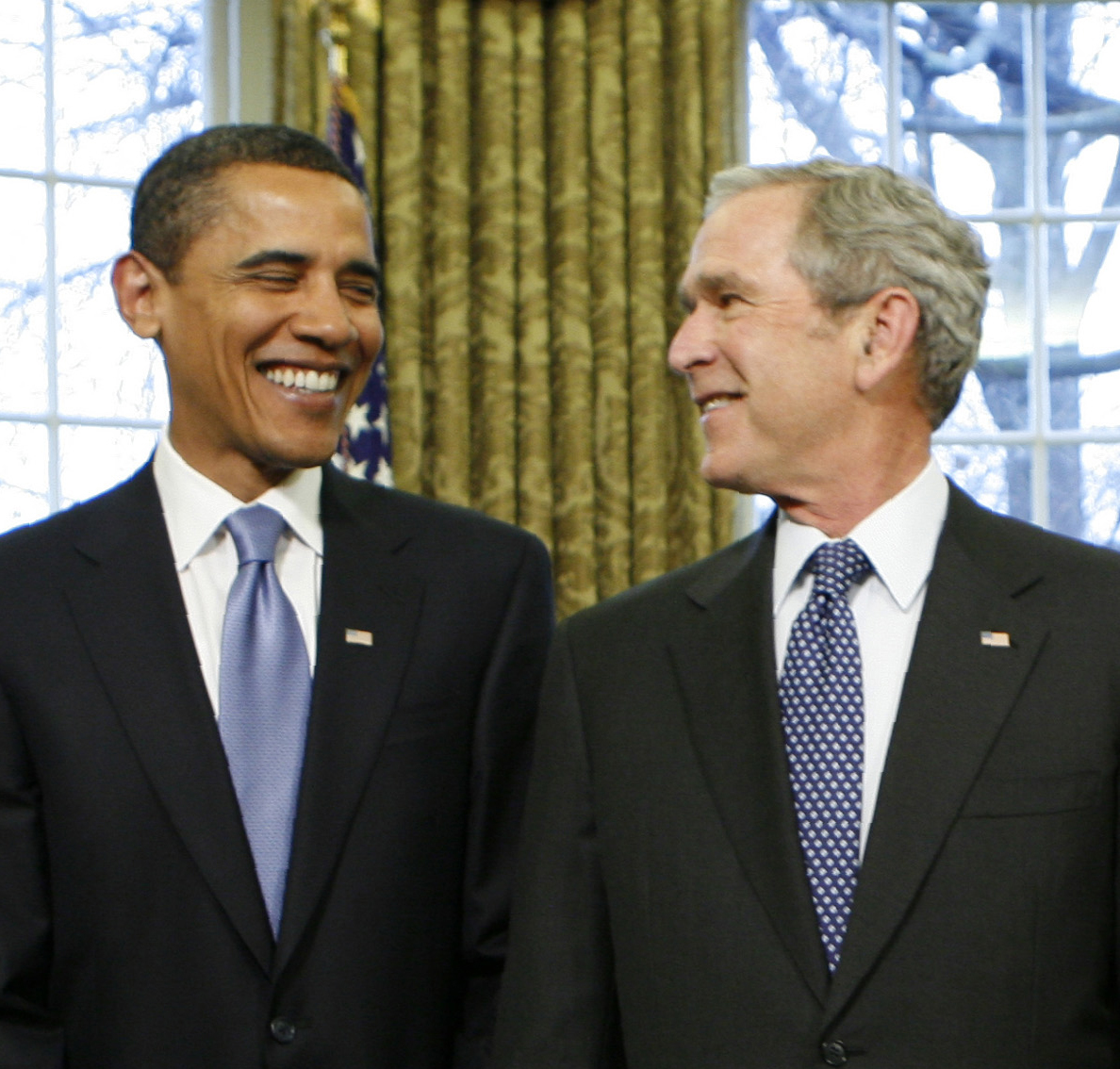
Barack Hussein Obama, Moderate Neoconservative
In early 2003, Saddam Hussein’s regional and international allies were all warning him that an American invasion was imminent. Hussein’s reply was basically, “I know Washington’s tone is getting aggressive, but they aren’t going to try to remove me. I’m the only one in the region who is really taking the fight to the terrorists…
-
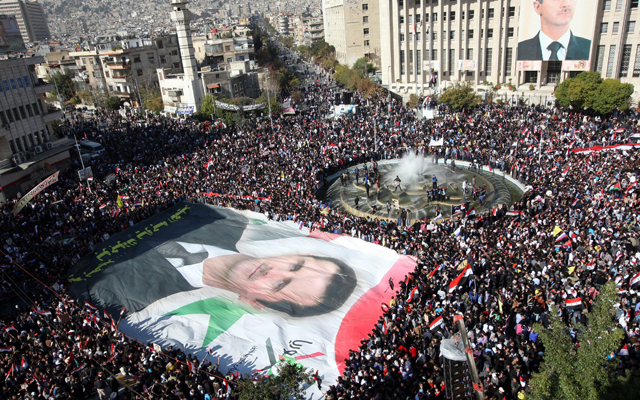
Contextualizing Syria’s Civil War: Beyond the Numbers
Originally published in Middle East Policy, Vol. XX, No. 1 (Spring 2013) Print version available here. The popular discourse on the Syrian conflict has largely taken for granted that Bashar al-Asad and his regime are unpopular in Syria, the revolution is widely supported domestically, the rebels are “winning” the war, and the fall of…
-
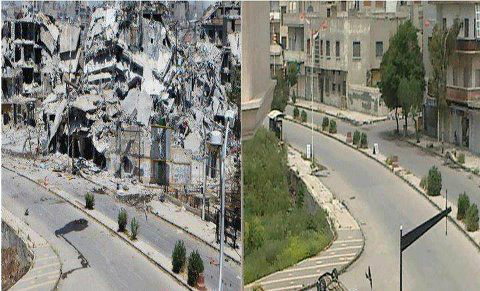
Timeline of the Syrian Civil War
Before the Arab Uprisings, Syria was one of the safest countries in the world. There were robust protections for women and ethno-religious minorities. While the government was authoritarian, the trends were towards liberalization—both economic and political. While there were some factions within Syria who were understandably dissatisfied at the pace of reform (which was, indeed,…
-

Liberals v. Democrats in Egypt
If people are truly given the right to self-determination, there is a good chance that, in many societies, most will reject the bulk of the (classical) liberal agenda — but isn’t this their right? As a case study, consider Egypt. Much has been made over President Muhammad Mursi’s temporary power-grab, of the Islamist dominance in…
-
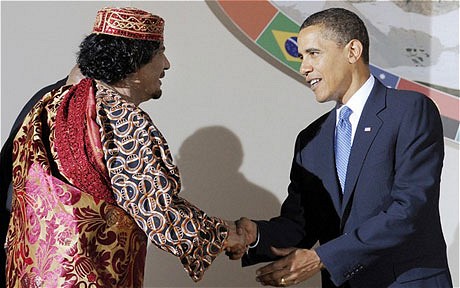
Moammar Gaddhafi’s Final Victory
It would not be surprising if there are many in the Obama Administration who occasionally think, “I miss Moammar Gaddhafi.” And if no one there is thinking that, they should. And not just because of the camping trips he would take in New York City, his amazing sense of style, his elite unit of all-female bodyguards,…
-
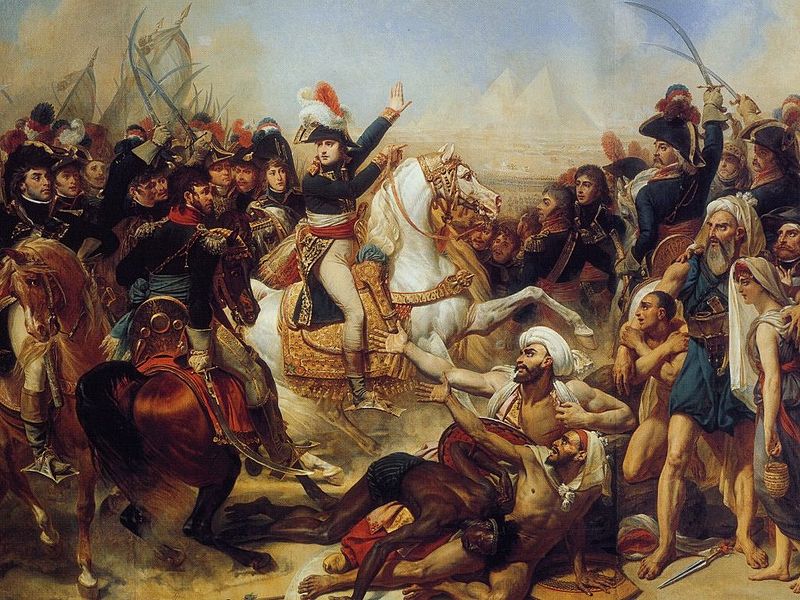
Ideological Pluralism v. Legal Pluralism
In the wake of Egypt’s historic democratic elections, Islamist candidates won nearly three-quarters of the seats in parliament. A Muslim Brotherhood candidate, Muhammad Mursi, would go on to win Egypt’s inaugural presidential elections. Recently, voters ratified a new Egyptian constitution which is perceived to grant Islamic institutions (such as al-Azhar) significant influence over the government.…
-

The Arab Spring’s Third Wave
Insofar as it is helpful or accurate to understand the “Arab Spring” as a meta-movement which began with the December 17, 2010 self-immolation of Mohammad Bouazizi, we can break it into a few significant “waves.” The first wave of revolutions in Tunisia and Egypt were quick, peaceful and orderly, relative to the second wave with…
-
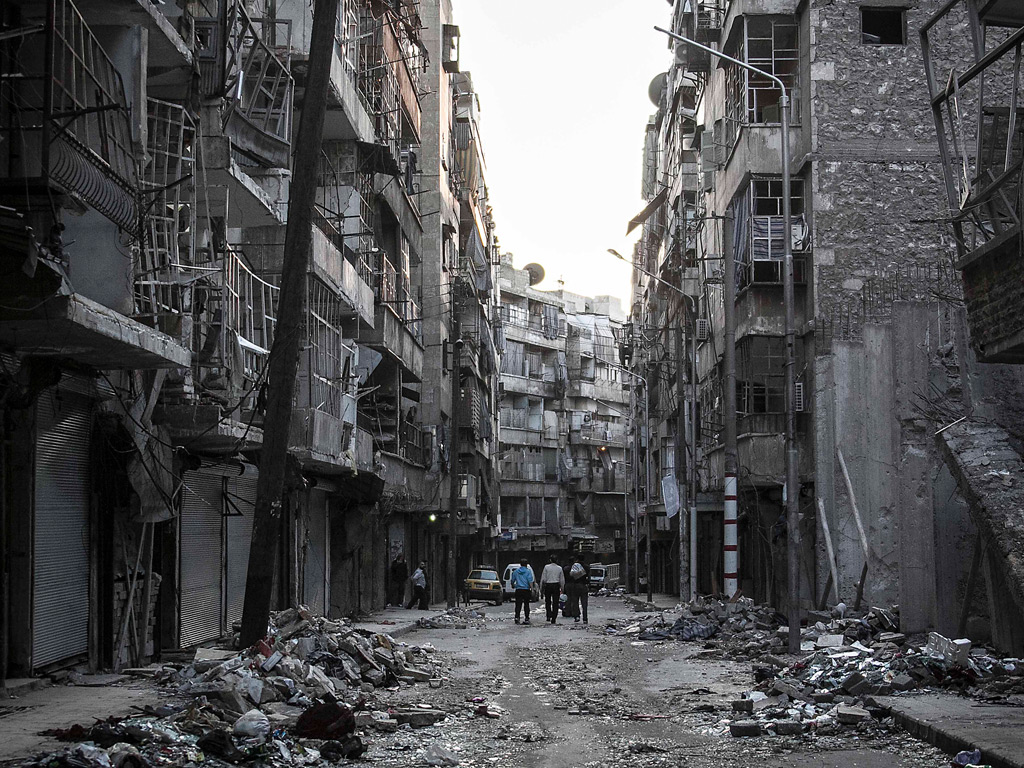
Syria: To The Victor, Ruins
As the conflict has dragged on in Syria, growing in intensity with no sign of resolution or international intervention, the regime may seem incredibly resilient: they have been able to push the rebels out of Damascus, to protect the majority-Alawite territories, to hold Aleppo, and to keep pressure on the insurgents through artillery and airpower. But…
-
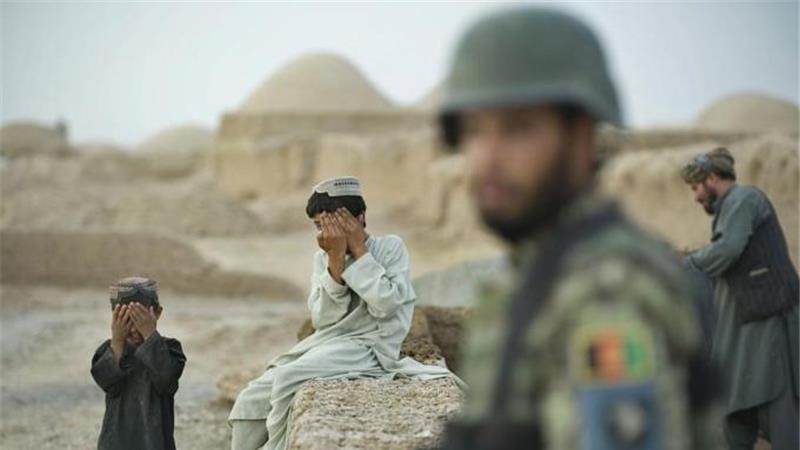
Afghanistan Faces a Post-Modern Security Crisis
So far in 2012, NATO forces have seen a 45% increase in “insider attacks” against coalition forces by their Afghan security counterparts, accounting for more than 18% of the total 2012 NATO casualties. Beyond the loss of life, these attacks have had a devastating impact on the trust and cooperation between NATO and Afghan forces,…
-
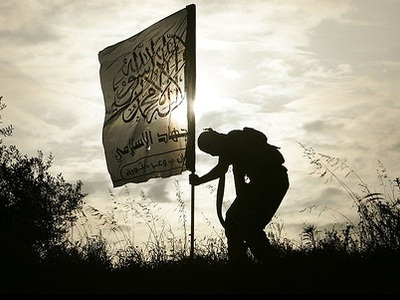
The Arab Spring and the New Mujahadeen
Following the military coup which removed Hosni Mubarak, it was widely reported that al-Qaeda was rendered obsolete by the Arab Spring. Fareed Zakaria, for instance, pronounced: “The Arab Revolts of 2011 represent a total repudiation of al Qaeda’s founding ideology. For 20 years, al Qaeda has said that the regimes of the Arab World are…
-

Resist Overly-Simple Narratives About Syria, Asad
While one would never know it from the news, the reform process in Syria is actually going smoother than it is in Egypt. If this might sound crazy to the everyday headline reader, think of it this way: Syria has a popularly approved new constitution, a democratically elected parliament that the state actually recognizes and…
-
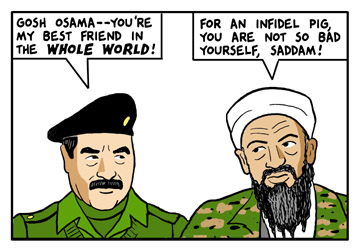
Eternal Recurrence: Al-Asad & Al-Qaeda
On July 15th 2012, Nawaf al-Fares, Syria’s former Ambassador to Iraq, defected to the opposition. Along with his defection, he called for the international community, especially the United States, to act militarily in Syria to remove President Bashar al-Asad from power. At that same time, he claimed that the al-Asad regime had aided al-Qaeda’s insurgency…
-
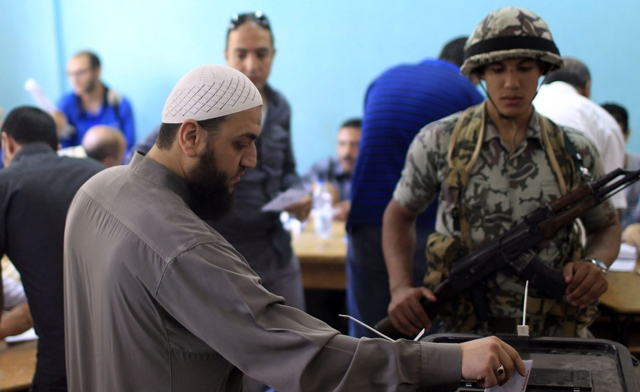
Will Egypt Vote to Re-Install the Regime It Just Overthrew?
On 6/14/2012, just days before Egypt’s runoff presidential election, Egypt’s High Court announced the dissolution of Parliament. Rather than the (elected) Parliament appointing representatives to draft a constitution, the entire process will be overseen by the Supreme Council of Armed Forces (SCAF). We can rest assured that this constitution will ensure the Army a prominent…
-
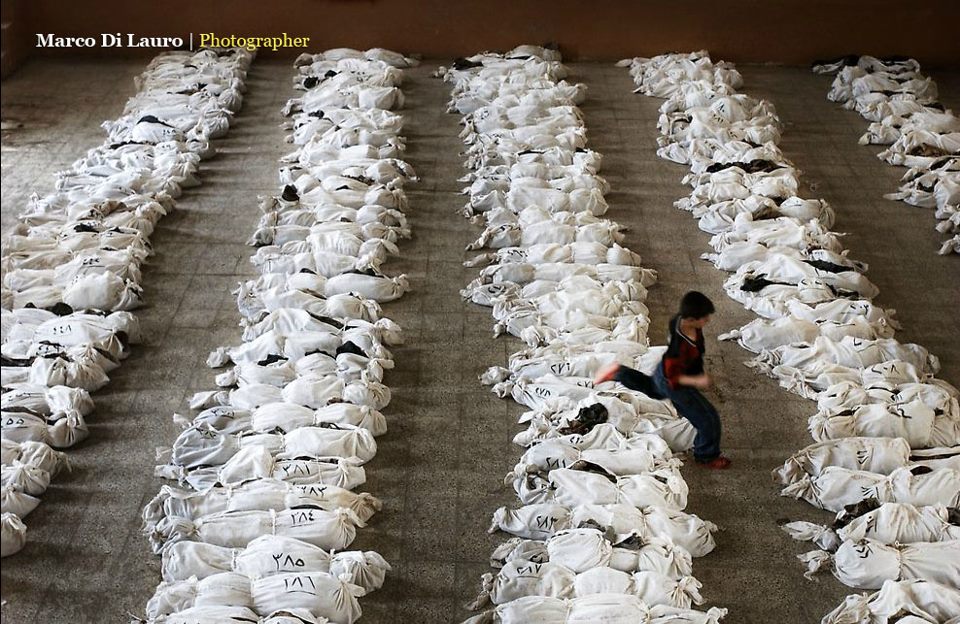
Is Reality Another Victim of the Massacre at Houla?
“With a tenuous peace settling over Syria, a former White House official says it would take powerful video images blasted on cable news of regime-orchestrated brutality to draw in the U.S. military. Barry Pavel, a former National Security Council and Pentagon official, tells DOTMIL via Twitter the U.S. “will act only if [a] ‘CNN…